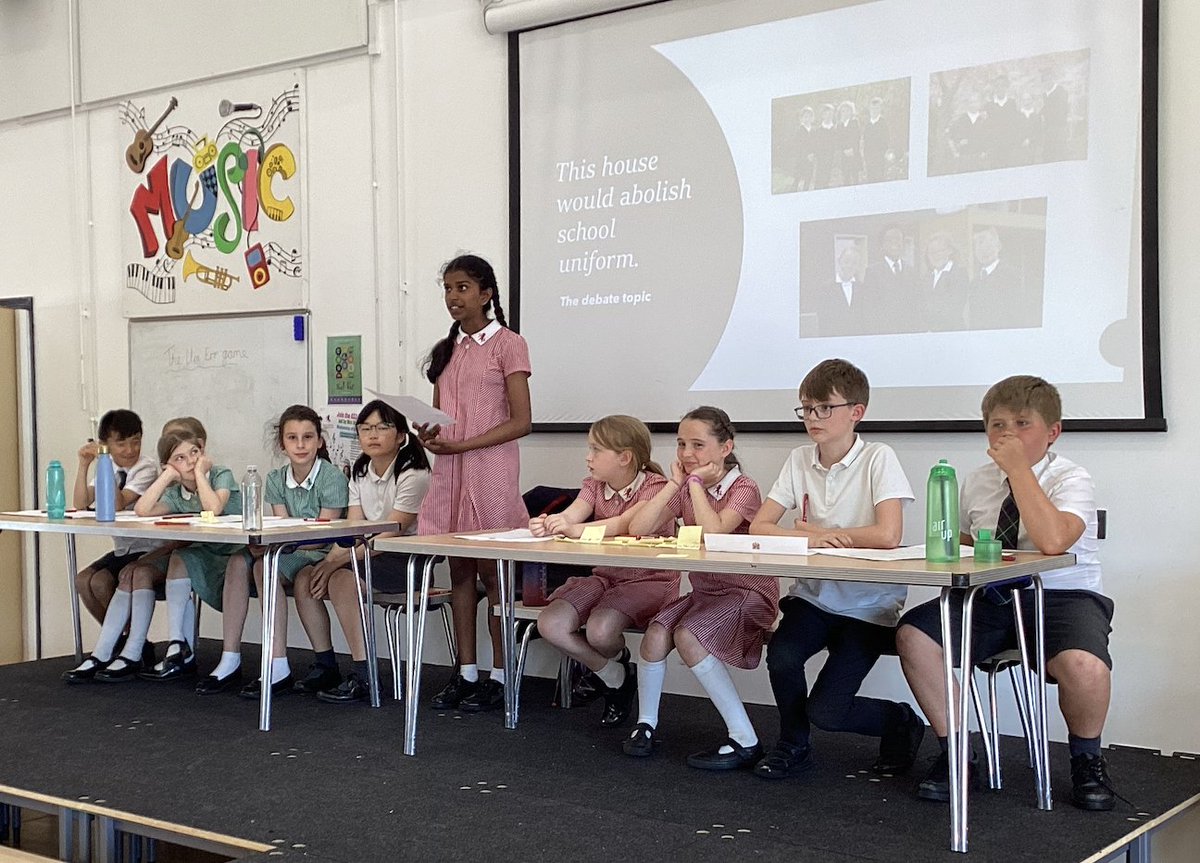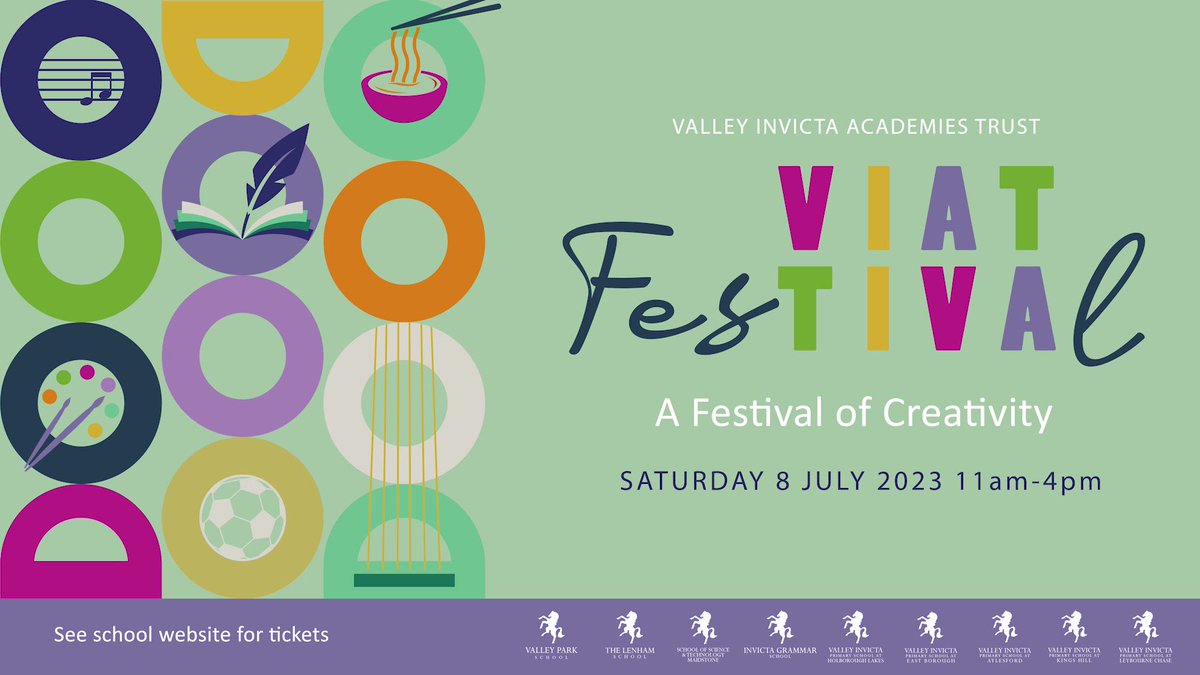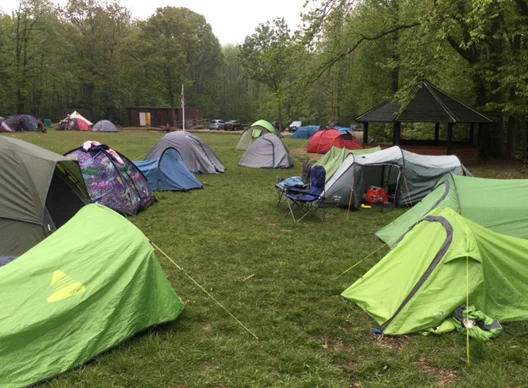Download our FREE smartphone app today!
CUSP Curriculum
We use the CUSP Early Foundations as our curriculum framework which identifies the knowledge we want all children to know and remember. Our children build knowledge and skills over the Reception year to ensure they are ready to progress through the KS1 curriculum.
The CUSP Early Foundations offer is presented in three parts:
- Foundational knowledge: what pupils should know and be able to do throughout the EYFS and how this will support their development and prepare them for success in Key Stage 1 and beyond
- Opportunities and experiences: how this foundational knowledge can be learnt through play and through guided activities that will allow pupils to explore, experiment with and think hard about new and important concepts
- Structured Story Time: core texts that will introduce key language, ideas and themes that pupils will need to access the foundational knowledge, built into a framework that uses all that we know about effective literacy instruction.
What does this look like in practice?
Foundational Knowledge
- For each area of learning, granular detail about what pupils should know and be able to do as they move through the phases of the EYFS
- The ‘end points’
Structured Story Time
- The core texts that will introduce pupils to the language, ideas and concepts that they will need to secure at different points through the EYFS
- The ‘hook’
Opportunities and Experiences
- Ideas for how pupils will embed the foundational knowledge through direct teaching, guided activity and independent play
- The ‘menu’
What do we mean by Opportunities and Experiences?
- The Foundational Knowledge and Progression documents outline the key concepts that we want pupils to learn and how their application of knowledge will become more advanced throughout the EYFS.
- The Opportunities and Experiences document acts as a menu for practitioners to select ideas for how core aspects of learning can be built into provision so that pupils can develop their understanding of the key concepts that they have learned. This is not exhaustive and practitioners will need to be responsive to the young people in their care.
- We have deliberately built this around learning, not activity, so that we keep the focus on how pupils interact with the knowledge and skills acquired through the curriculum.























